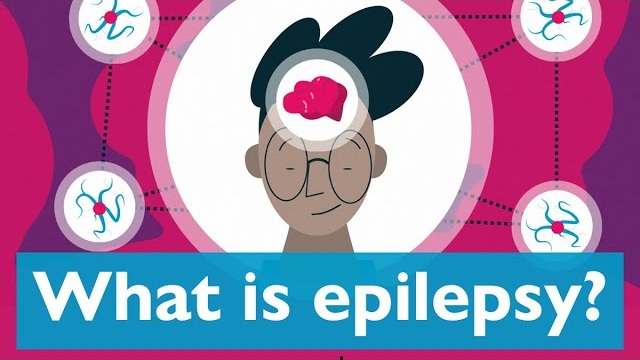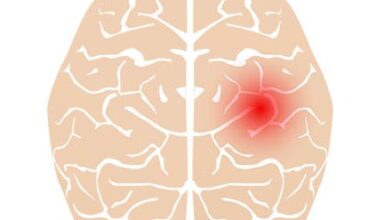
What is Epilepsy:
Epilepsy Means a Person has Recurring Unprovoked Seizures. It is a common neurological disorder that affects approximately 50 million people worldwide, with varying degrees of severity. In this article, we will delve into the causes, symptoms, and treatment options.
What Causes Epilepsy?
Epilepsy can be caused by a variety of factors. Here are some of the causes:
- Head injury
- Stroke
- Brain tumor
- Brain infection
- Genetic disorder
- Alcohol or drug abuse
- Dehydration
- Sleep deprivation
- Stress
Types of Seizures:
There are two main types of seizures associated with epilepsy: focal seizures and generalized seizures;
Focal seizures occur when abnormal activity in one part of the brain spreads to surrounding areas. This type of seizure may cause a person to experience involuntary muscle movements or sensations, confusion, or difficulty speaking.
Generalized seizures, on the other hand, involve abnormal activity in both sides of the brain. These seizures can cause loss of consciousness, convulsions, and muscle rigidity.
Symptoms of Epilepsy:
The most obvious symptom of epilepsy is the occurrence of seizures. However, seizures can present in a variety of ways depending on the type and severity of the seizure. Other symptoms that may occur during a seizure can include confusion, loss of consciousness, and involuntary movements.
In some cases, individuals with this condition may also experience auras before a seizure. These auras are usually visual or sensory experiences that serve as a warning sign that a seizure is about to occur.
Treatment Options:
There is no cure for epilepsy, but there are treatments that can help to control the seizures. The type of treatment that is best for you will depend on the frequency and severity of your seizures.
Some of the treatments that may be used to treat this condition include:
- Medication: There are a number of medications that can be used to treat seizures. These medications work by stabilizing the electrical activity in the brain.
- Surgery: In some cases, surgery may be an option for people who have seizures that do not respond to medication. Surgery can be used to remove the part of the brain that is causing the seizures.
- Vagus nerve stimulation: Vagus nerve stimulation is a procedure that involves implanting a small device in the chest. This device sends electrical signals to the vagus nerve, which helps to control seizures.
- Lifestyle changes: Lifestyle changes can also be effective in managing epilepsy. These may include getting adequate sleep, avoiding triggers such as alcohol or flashing lights, and maintaining a healthy diet and exercise routine.
Living with Epilepsy:
If you have epilepsy, there are a few things you can do to help manage your condition and live a normal life. These include:
- Take your medication as prescribed: It is important to take your medication as prescribed by your doctor. This will help to keep your seizures under control.
- Avoid your triggers: If you know what triggers your seizures, try to avoid them. Common triggers include stress, lack of sleep, alcohol, and flashing lights.
- Get regular exercise: Exercise can help to improve your overall health and well-being, and it may also help to reduce the frequency of your seizures.
- Eat a healthy diet: Eating a healthy diet can help to improve your overall health and well-being, and it may also help to reduce the frequency of your seizures.
- Get enough sleep: Getting enough sleep is important for everyone, but it is especially important for people with epilepsy. Sleep deprivation can increase the risk of seizures.
- Learn about your condition: The more you know about your condition, the better equipped you will be to manage it. Talk to your doctor about your condition and ask questions.
- Join a support group: There are many support groups available for people with epilepsy. Joining a support group can provide you with information, support, and a sense of community.
Final Thoughts:
Epilepsy is a complex neurological disorder that can have a significant impact on a person’s quality of life. By understanding the causes, symptoms, and treatment options, individuals with the condition can better manage their symptoms and live a full and healthy life.




